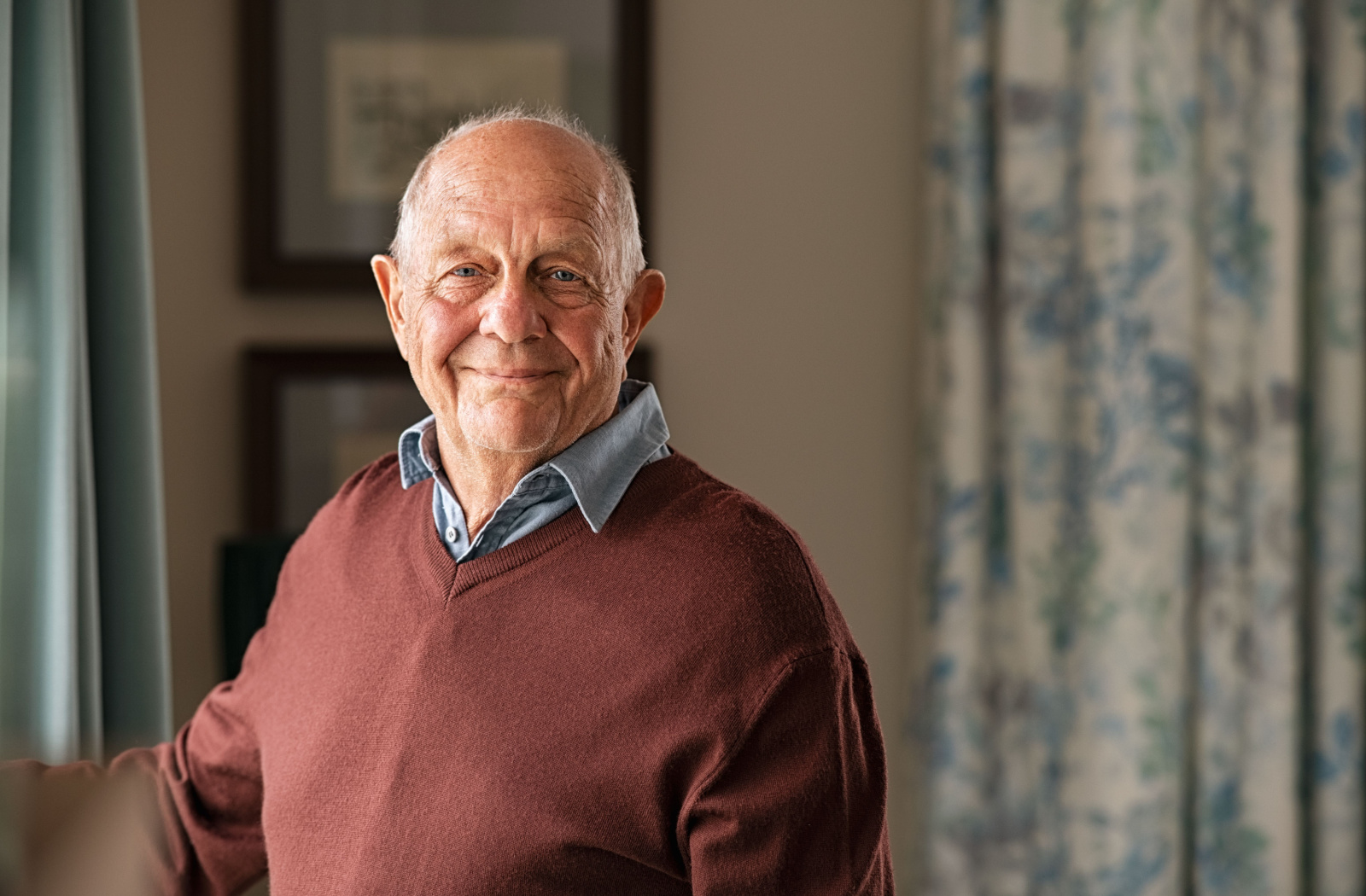As we age, our bodies undergo many changes that can impact our energy levels, leading to tiredness or fatigue. Tiredness in older adults can affect their quality of life, often leading to them requiring assistance with daily tasks.
Tiredness in older adults can result from various factors, both physiological and psychological, such as lack of sleep, health conditions, medications, nutritional deficiencies, dehydration, lack of activity, and emotional distress.
Understanding the root causes of tiredness in older adults can help family members determine the right support and care services needed to live a quality and fulfilling life.
What Is Tiredness?
Everyone feels tired at some point. Tiredness or a lack of energy can be a normal response to physical activity, boredom, or lack of sleep. However, feeling tired for weeks can indicate an underlying physical or mental condition. There are several causes of tiredness in older adults.
Biological Factors
Aging brings about a host of physiological changes that directly impact energy levels. The decline in muscle mass and strength, a natural consequence of aging, can lead to increased effort required for even routine activities.
Additionally, changes in metabolism and the body’s ability to absorb nutrients can affect overall energy production, contributing to fatigue. Hormonal fluctuations, especially in postmenopausal women, can also play a role in diminishing energy levels.
Medical treatments, including chemotherapy and radiation and recovering from surgery, can also contribute to fatigue in older adults.
Lack of Sleep
Quality sleep is imperative for overall well-being, and older adults are not exempt from sleep-related issues. Many older adults may experience trouble sleeping. Reasons can include medication side effects or age-related changes in sleep patterns.
Conditions like insomnia, sleep apnea, and restless leg syndrome can also disrupt the sleep cycle, preventing older adults from achieving restorative sleep. Persistent sleep disturbances contribute significantly to daytime fatigue. Addressing these sleep disorders through proper diagnosis and intervention is crucial for restoring energy levels.
Chronic Health Conditions
Older adults often grapple with chronic health conditions such as diabetes, heart disease, arthritis, cancer, and respiratory issues. These ailments can pose physical challenges, sap energy, or require medications that can cause tiredness as a side effect.
The body’s constant battle against these conditions demands additional resources, leaving older adults tired and depleted. Effective management of these health conditions is crucial in mitigating fatigue.
Medications
A significant number of older adults who have multiple prescriptions to manage various health concerns can experience tiredness. While these medications are essential for maintaining health, they can often come with side effects like fatigue.
Sedation, drowsiness, and lethargy are common culprits associated with certain medications. Regularly reviewing these medication regimens by healthcare professionals can help identify and address such side effects.
Nutritional Deficiencies
A well-balanced diet is paramount for maintaining energy levels, and older adults are more susceptible to nutritional deficiencies. Inadequate intake of essential nutrients, including vitamins and minerals, can lead to fatigue.
Nutritional deficiencies, such as a lack of vitamins B, C, and D, can lead to chronic fatigue syndrome. Changes in appetite, difficulty chewing, or medications that impact the absorption of nutrients can also contribute to fatigue.
Regular nutritional assessments and dietary adjustments can help address deficiencies and promote better energy levels. All American Senior Living in Warwick provides 3 daily prepared meals adhering to dietary needs and restrictions to maintain proper health in older adults.
Dehydration
The sensation of thirst can diminish with age, making older adults prone to dehydration. Even mild dehydration can result in fatigue, lethargy, and other symptoms. Encouraging adequate fluid intake, especially during hot weather or illness, is a simple yet effective strategy to combat tiredness in older adults.
Inactivity & Sedentary Lifestyle
A sedentary lifestyle can exacerbate tiredness in older adults. Lack of physical activity can lead to weak muscles and reduced stamina, making everyday tasks more challenging and taxing.
Exercise can improve energy levels and reduce fatigue. Encouraging regular, moderate exercise tailored to individual capabilities can significantly improve energy levels, enhance mood, and promote overall well-being.
Psychological Factors
Mental health plays a crucial role in determining energy levels. Older adults who live alone may face emotional challenges such as depression, anxiety, or stress. Emotional stress can lead to feelings of exhaustion and tiredness.
Loss of loved ones, retirement, physical limitations, or adjusting to life changes can be emotionally stressful for older adults. Creating a supportive environment, fostering social connections, and providing access to mental health resources are vital for addressing psychological contributors to tiredness.
Health & Wellness for Older Adults
Tiredness in older adults is a common issue. A healthcare professional can address tiredness in older adults by treating underlying conditions and recommending lifestyle changes. These measures can help improve energy levels and quality of life.
Schedule a tour with All American Senior Living in Warwick to learn more about how we support and contribute to the overall health of loved ones.







13 thoughts on “What Causes Tiredness in Seniors?”
Comments are closed.